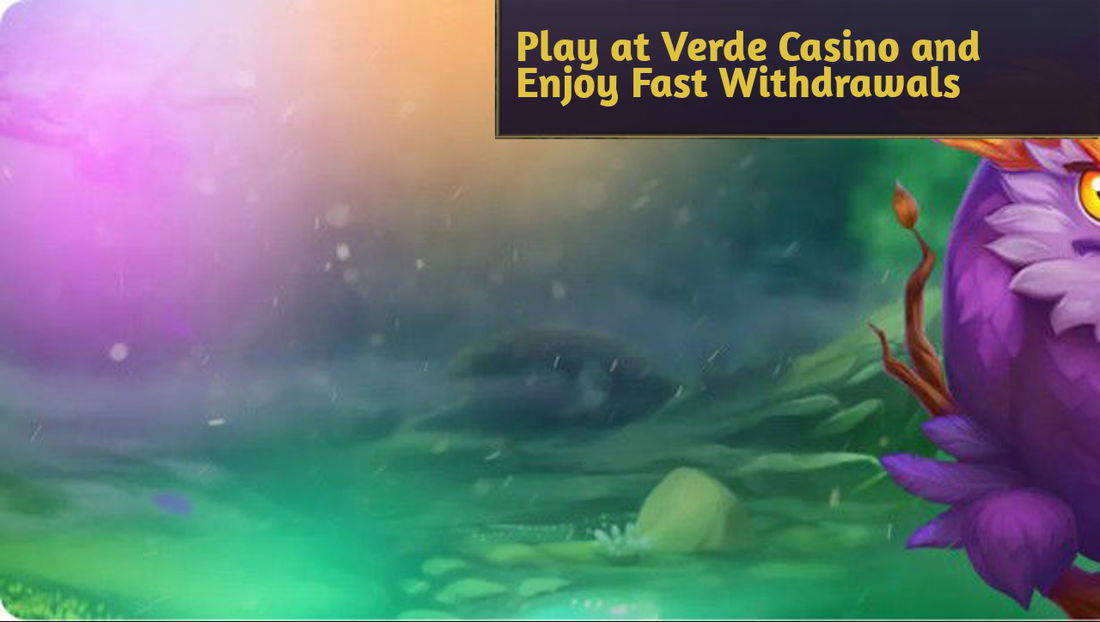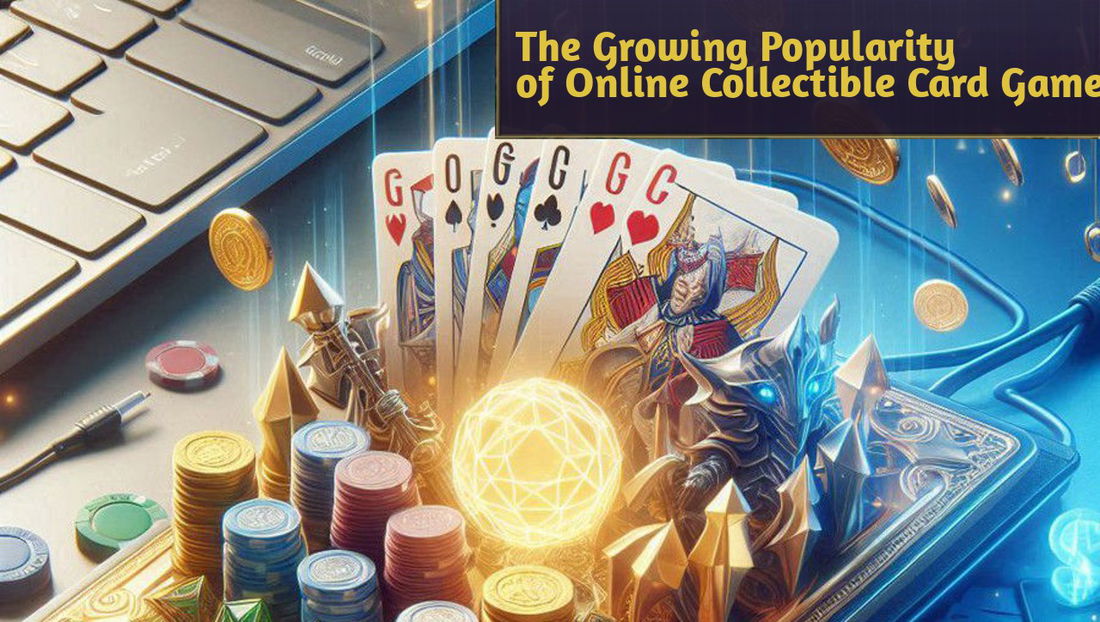How, then, do online platforms create that same feeling of unpredictability and fairness in a digital space? Through digital shuffling algorithms, little clever pieces of programming that imitate the chaotic elegance of a physical shuffle with mathematical exactness.
How Digital Shuffling Works
When players join a virtual poker game or start playing blackjack, they place trust in invisible systems to ensure that the digital deck is fair. In an online casino environment, that trust hinges on how well digital shuffling can mimic the randomness of the real thing. Developers have gone to impressive lengths to make sure it does just that.
Most modern shuffling algorithms are based on a fairly old method, the Fisher-Yates shuffle. Consider it the nearest digital cousin to tossing all the cards in the air and letting them fall randomly, only smarter and more efficient. The algorithm swaps each card in the virtual deck with another random card so that every position is equally likely to be occupied by any card. Not only effective this method has also been mathematically proven to constantly produce a uniformly shuffled deck.
That’s only part of it, too. Many sites do the tricks you’d find in real life, the overhand and riffle shuffle,e, to make the process feel real. This mix of old-school and new tech isn’t just for show; it adds layers of randomness to help mimic more subtle, human-like shuffling.
Ensuring Randomness and Fairness
While algorithm design is key, true randomness in online games hinges largely on another factor: Random Number Generators (RNGs). These are the engines of digital unpredictability that choose the positions of cards based on sequences that, for all practical purposes, cannot be predicted. The most secure versions are even cryptographically generated, which means they’re resistant to manipulation and hacking, no small feat in an industry where transparency matters.
These systems are not only crucial for the online casino to deal cards fairly, but also to stimulate an experience that seems real. Most games simulate the whole deck and reshuffle once a certain percentage has been played, much like the shoe in a physical casino. In certain situations, continuous shuffling mechanisms as part of high-security systems in physical casinos are utilized to ensure that randomness is preserved through play.
Small Imperfections in a Digital World
Despite these advancements, comparisons with physical shuffling raise interesting observations. The research done using Monte Carlo simulations showed that some physical shuffling techniques did not always achieve perfect randomness even in real casinos. Some digital versions are actually better at uniform distribution than their physical counterparts, especially when multiple layers of shuffling are applied.
Not all digital platforms are created equal. While leading operators are audited rigorously and employ certified shuffling systems, others may take shortcuts by using insecure or poorly implemented algorithms. What this essentially boils down to is that while the vast majority of games are fair, some variability exists depending on where and how the game is played.
Ultimately
What is truly interesting about digital shuffling is the way it effortlessly links traditions with technology. Basically, it takes the sense of touch from the old rituals of physical cards, the kind of shuffling that players have felt on kitchen tables and casino floors. But behind the screen, advanced algorithms and computational logic power it to ensure that every card draw is as unpredictable as in the real world. This mixture of old and new makes an experience that feels both real and novel.
Players, seasoned or new, gain confidence knowing systems are carefully engineered to maintain fairness and randomness. It is much more than moving some pixels around; it is capturing the very spirit of the game and paying homage to its roots using modern tools to bring this experience as close to real life as possible. In fact, in so many ways, randomness isn’t just a feature; it’s the very heartbeat of every card game, on or off the internet.










— Comments 0
, Reactions 1
Be the first to comment